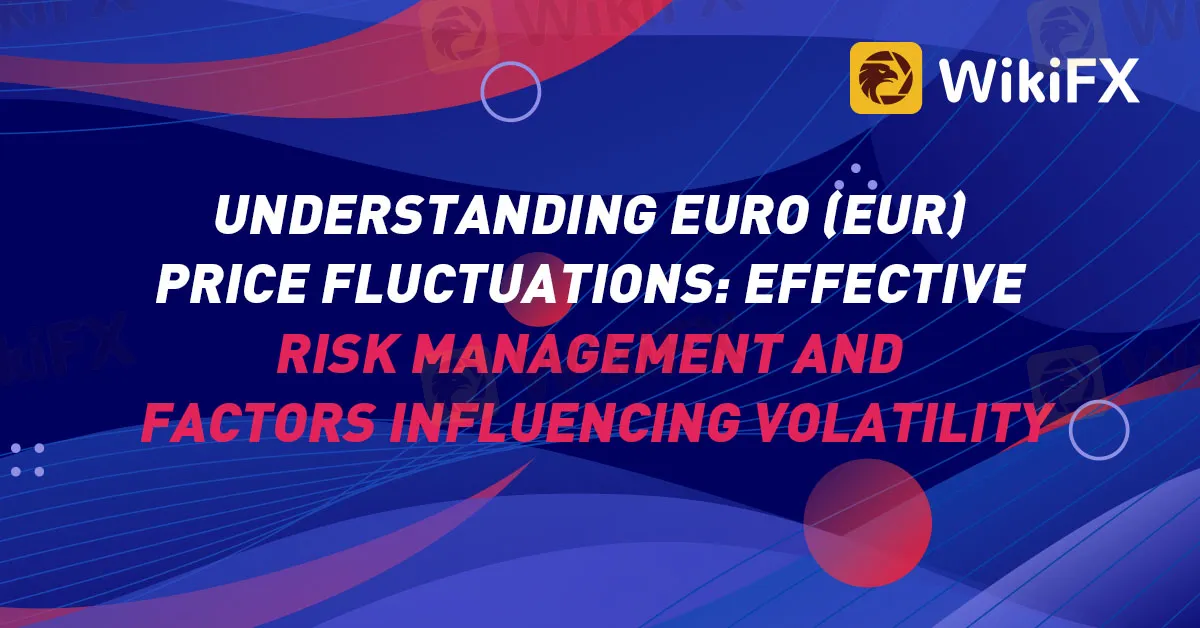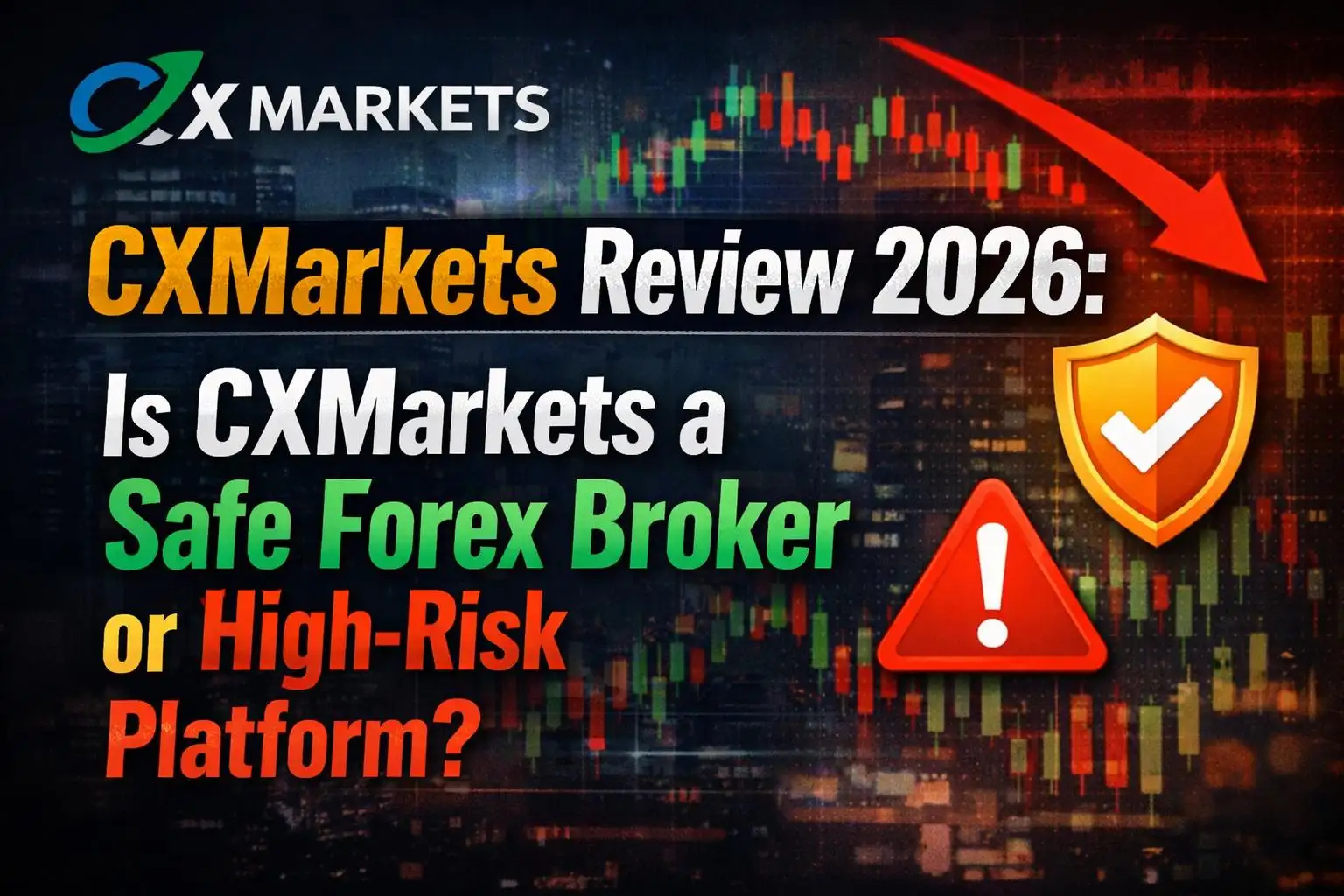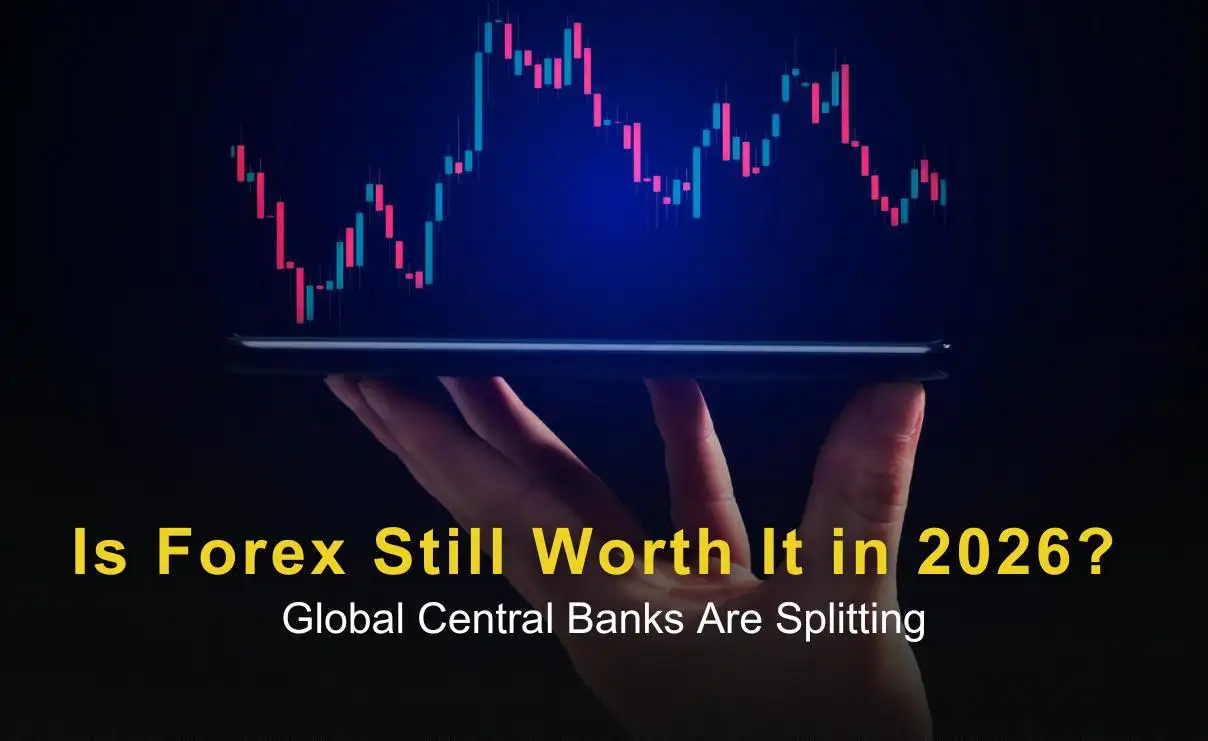Abstract:Staying informed about currency price changes is crucial for informed decision-making in the fast-paced forex market. The Euro (EUR) is a major currency, attracting global traders and investors. As the second most-traded currency, its performance influences global markets and economies.

Staying informed about currency price changes is crucial for informed decision-making in the fast-paced forex market. The Euro (EUR) is a major currency, attracting global traders and investors. As the second most-traded currency, its performance influences global markets and economies.
This article provides valuable insights into the EUR, highlighting recent performance and factors impacting price fluctuations. Monitoring EUR price movements with future projections, for navigating the volatile forex trading world.
Current EUR Performance: The recent halt in the euro's upward momentum can be attributed to overbought conditions, extended posture, and concerns about the upcoming US Federal Reserve meeting. However, this retreat does not necessarily indicate the end of the advance for EUR/USD.
The EUR/USD has experienced significant growth over the past six months, marking the most substantial movement since 2017. This robust performance suggests promising medium-term prospects. However, as market trends tend to revert to the mean, gains may slow down or reverse in the near future. Recent macroeconomic indicators for the Euro area have been disappointing, with a decline in industrial output, particularly in capital goods production.
While the ECB maintained a hawkish stance in its recent meeting, the US Federal Reserve's shift toward a more hawkish outlook has prompted a reassessment of the expected pause at the June meeting. Market indicators suggest an increased likelihood of a 25 basis point rate hike by the Federal Reserve in June, according to the CME FedWatch tool.
In conclusion, despite recent setbacks, the longer-term outlook for the euro remains favorable. Monitoring economic statistics, central bank policies, and market sentiment is crucial for assessing the future path of the EUR and its impact on currency pairs.
Factors Influencing EUR Price Volatility: EUR price volatility is influenced by several key factors in the foreign exchange market. Here are the primary factors:
Economic Data and Monetary Policy: Key economic indicators such as GDP growth, inflation rates, employment data, and central bank interest rate decisions significantly impact the performance of the Euro (EUR).
Political and Geopolitical Developments: Political events within the Eurozone and globally can affect the value of the EUR. Trade disputes, policy changes, elections, and geopolitical tensions contribute to volatility and uncertainty, influencing the currency's performance.
Market Conditions and Risk Sentiment: Investor sentiment and market conditions play a crucial role in determining the attractiveness of the EUR. These factors shape the perception and demand for the currency in the forex market. During uncertain economic times, the value of the Euro relative to other currencies may fluctuate as traders seek safe-haven assets.
Trading any currency involves inherent risks, and the forex market's rapid price fluctuations necessitate cautious and prudent trading practices.
Additionally, geopolitical events, unexpected economic data releases, and sudden shifts in market sentiment can contribute to significant EUR pair price volatility.
Traders employ various risk management techniques, such as stop-loss orders, portfolio diversification, and staying informed about market events. Implementing these strategies helps protect capital and make well-informed trading decisions based on market conditions. Monitoring economic data, central bank statements, and political developments that may impact the value of the Euro is crucial.
Trading the EUR presents profitable opportunities along with challenges. By applying effective risk management techniques and understanding the factors driving price movements, traders can navigate the market successfully.










